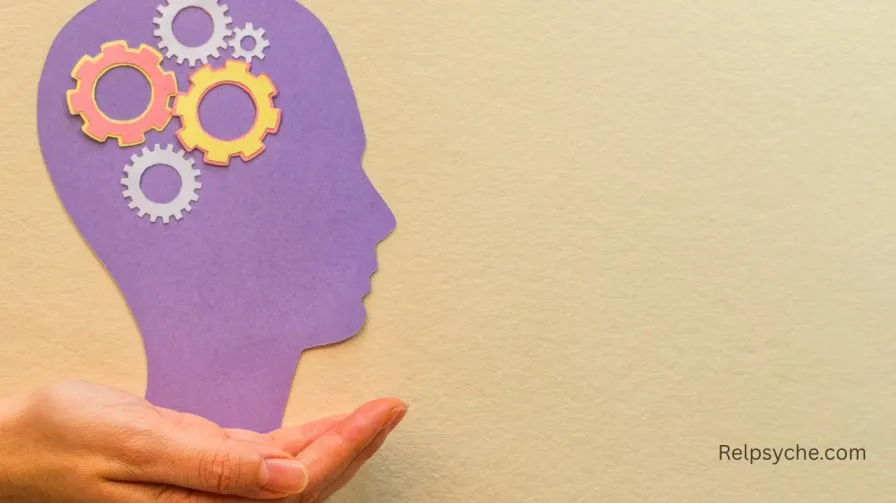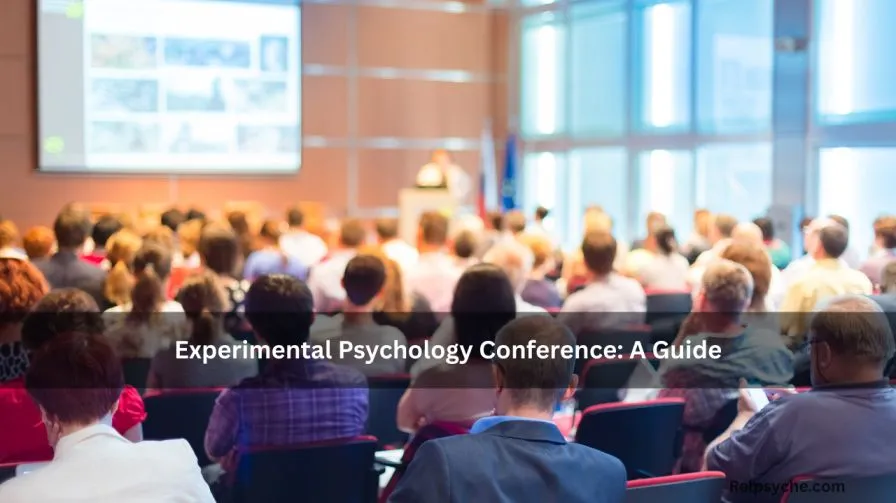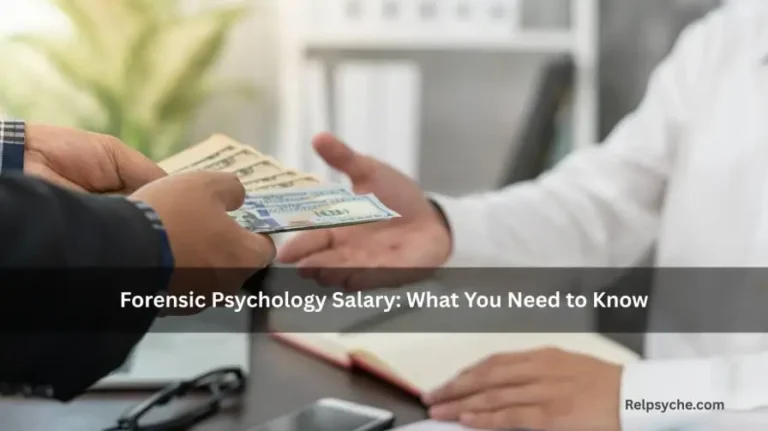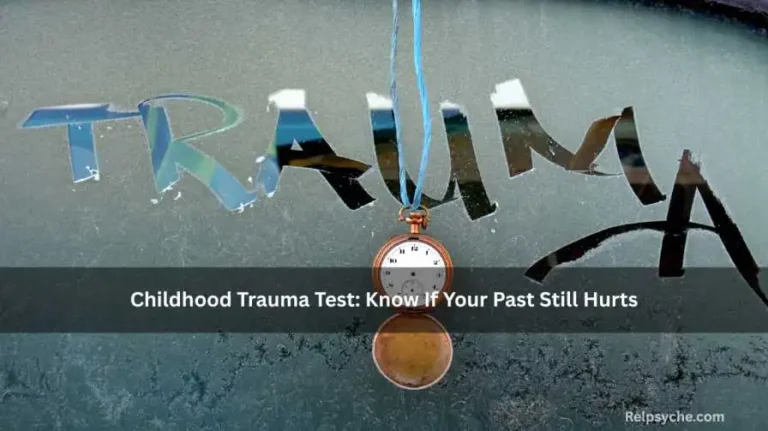Experimental Psychology Conference: A Guide
The experimental psychology conference is an event where experts, teachers, and students come together to share new ideas about the mind and behavior. It is a place to learn how experiments can explain why people think, feel, and act in different ways. Unlike regular psychology talks, these conferences focus only on experiments and research findings. Attending an experimental psychology conference is a great way to grow in knowledge, meet professionals, and stay updated about the latest trends in psychology.
Table of Contents
What Is an Experimental Psychology Conference?
An experimental psychology conference is a meeting where researchers present studies that test how people think, learn, and behave. Instead of talking about theories alone, the speakers show real results from their experiments. These events help both new learners and experts understand how psychology works in real life.
Topics often include:
- Memory and learning
- Human emotions
- Decision making
- Problem solving
- Social behavior
- Brain and attention studies
By attending, participants can see how experiments bring answers to questions about the human mind.
Why Are Experimental Psychology Conferences Important?
Conferences are important because they connect people who are curious about psychology. They bring together:
- Students who want to learn from professionals
- Researchers who want to share their work
- Teachers who use new knowledge in classrooms
- Psychologists, who apply research in therapy and counseling
These meetings keep psychology growing by letting people share what they discover. Every year, new studies are presented, and this helps everyone understand people better.
Benefits of Attending an Experimental Psychology Conference
Joining an experimental psychology conference offers many benefits, such as:
- Learning new research – You hear the latest findings before they appear in textbooks.
- Networking with experts – You can meet professors, scientists, and professionals.
- Improving skills – Students learn how to present research and ask good questions.
- Career growth – Attending conferences looks great on resumes for graduate school or jobs.
- Inspiration – Meeting others with the same passion can motivate you to explore more in psychology.
What Happens at an Experimental Psychology Conference?
At these events, the day is usually filled with sessions. Some of the common activities include:
- Keynote speeches – Famous researchers share big ideas.
- Paper presentations – Scientists explain their new experiments.
- Poster sessions – Students and young researchers show their work with posters.
- Workshops – Hands-on activities where you practice research methods.
- Networking events – Small group discussions to meet new people.
This variety makes the event exciting and helpful for everyone, no matter their level.
Who Should Attend an Experimental Psychology Conference?
These conferences are open to many people, such as:
- College and university students
- Teachers and professors
- Researchers and scientists
- Professionals in the mental health fields
- Anyone interested in psychology research
If you want to know how experiments explain human behavior, then this is the right place for you.
Preparing for an Experimental Psychology Conference
Before going to an experimental psychology conference, it’s good to prepare. Here are some tips:
- Review the schedule – Choose which talks or workshops interest you most.
- Bring a notebook or laptop – Take notes on key ideas.
- Prepare questions – Asking questions makes you stand out.
- Practice your own presentation – If you are presenting, rehearse so you feel confident.
- Network politely – Be ready to introduce yourself and connect with others.
Good preparation makes the experience more rewarding.
Examples of Experimental Psychology Conferences
Several well-known experimental psychology conferences take place worldwide:
- Australasian Experimental Psychology Conference (EPC) – Held every year in Australia, focusing on perception, learning, and memory.
- International Conference on Experimental Psychology (ICEP) – A global digital and in-person event, covering many areas of psychology.
- International Conference on Cognitive and Experimental Psychology (ICCEP) – Combines experimental psychology with cognitive science topics.
Each of these events offers a unique chance to hear from international experts.
Experimental Psychology Conference Highlights
1. 2025 Australasian Experimental Psychology Conference (EPC) & APCV
- Dates: June 17–20, 2025
- Location: UNSW Sydney, John Niland Scientia Building, Australia
- Details: A joint event with the Asia Pacific Conference on Vision, covering topics like perception, cognition, and human behavior. Researchers from all career stages are encouraged to participate.
- Important Deadlines:
- Symposium abstracts: December 31, 2024
- General oral/poster abstracts: until April 15, 2025
- Notable Speakers: Professor Ben Newell and Dr. Rachel Searston epc.psy.unsw.edu.au
2. International Conference on Experimental Psychology (ICEP) – August 2025
- Format: Digital event hosted in New York
- Dates: August 7–8, 2025
- Submission Deadline: July 1, 2025 (abstract/full-text)
- Highlights: An interdisciplinary platform for sharing the latest research and innovations in experimental psychology was established.
3. International Conference on Cognitive and Experimental Psychology (ICCEP) – October 2025
- Location: Beijing, with digital access
- Dates: October 2–3, 2025
- Submission Deadline: July 17, 2025
- Focus: Cognitive and experimental psychology, featuring global participation and presentations on emerging research waset.org
Additional Related Events
- 4th International Conference on Psychology and Education
- Date: September 11, 2025
- Format: Hybrid
- Theme: Educational psychology and mental health in schools
ICPE Unesa
- 6th World Conference on Psychology and Behavioral Science
- Date: July 14–15, 2025
- Location: London, UK
- Highlights: Broad in scope, including experimental psychology among many others; includes DOI and ISBN for abstracts eurasiaconferences.com
Summary Table
| Conference | Dates | Location | Coverage |
|---|---|---|---|
| EPC & APCV Joint Meeting | June 17–20, 2025 | Sydney, Australia | Experimental psychology & vision |
| ICEP – International Conference | August 7–8, 2025 | Digital (New York) | Experimental psychology |
| ICCEP – Cognitive & Experimental | October 2–3, 2025 | Beijing (Digital) | Cognitive and experimental psychology |
Getting the Most Out of These Conferences
- Submit Your Research: Most conferences accept symposium, oral, and poster presentations. Deadlines vary, so plan early.
- Engage with Content: Beyond presenting, attend panels, workshops, and plenaries to connect with the latest ideas.
- Network Actively: Exchange insights with both emerging and senior researchers in the field.

Conclusion
The experimental psychology conference is more than just a meeting—it is a chance to grow, learn, and share. Students, teachers, and researchers all gain valuable insights from attending. The benefits include learning the latest research, improving career opportunities, and building connections with experts.
By joining an experimental psychology conference, you step into a world where ideas become real through experiments. These gatherings remind us that psychology is not only about theory but also about testing, discovering, and applying new knowledge. For anyone passionate about human behavior, these conferences are worth attending.
Ready to take the next step in your personal growth? Explore expert services — from therapy to life coaching — available on Fiverr.
If you want to read more articles similar to Experimental Psychology Conference: A Guide, You Need to Know, we recommend that you enter our Psychology category.
FAQs
1. What is the main purpose of an experimental psychology conference?
The main purpose of an experimental psychology conference is to share research findings from experiments that study human thoughts, emotions, and actions. These meetings give professionals and students a chance to learn how experiments connect theory with real-life behavior. They also encourage discussion and inspire new research projects.
2. Who can attend an experimental psychology conference?
Students, teachers, researchers, psychologists, and anyone interested in experiments about the mind can attend. These events are not limited to experts—beginners are welcome too. Attending is especially helpful for students because it gives them a chance to meet professionals and build future career opportunities.
3. What topics are usually covered in these conferences?
Topics include memory, emotions, attention, learning, problem-solving, and decision-making. Some conferences also focus on brain science, language, or social behavior. Each year, new studies are presented, which means every experimental psychology conference is different and filled with fresh ideas.
4. Do I need to be a professional to attend?
No, many conferences welcome students and beginners. In fact, attending early in your career helps you understand how psychology research really works. You don’t need to publish a paper to attend—you can simply listen, take notes, and ask questions. This makes the experimental psychology conference a learning ground for everyone.
5. How do I prepare for my first experimental psychology conference?
Review the event schedule and highlight the sessions that interest you most. Bring a notebook or laptop to capture important points. If you are presenting, practice your talk several times. It’s also smart to prepare a short introduction about yourself, so you can network with confidence at the experimental psychology conference.
References
- American Psychological Association (APA). Experimental Psychology. Retrieved from: https://www.apa.org
- Society of Experimental Psychologists (SEP). Annual Meetings and Conferences. Retrieved from: https://www.sepsych.org
- National Institute of Mental Health (NIMH). Research and Experimental Psychology. Retrieved from: https://www.nimh.nih.gov
- European Society for Cognitive Psychology (ESCoP). Conferences and Events. Retrieved from: https://escop.eu
- Frontiers in Psychology. Experimental Psychology Journals and Publications. Retrieved from: https://www.frontiersin.org/journals/psychology

I’m Emma Johnson, a psychologist who loves to write and share ideas.
I enjoy making psychology simple so everyone can understand and use it in daily life.
If you’d like to talk, ask questions, or work together, feel free to reach out.
Let’s learn and grow in the world of psychology together!







